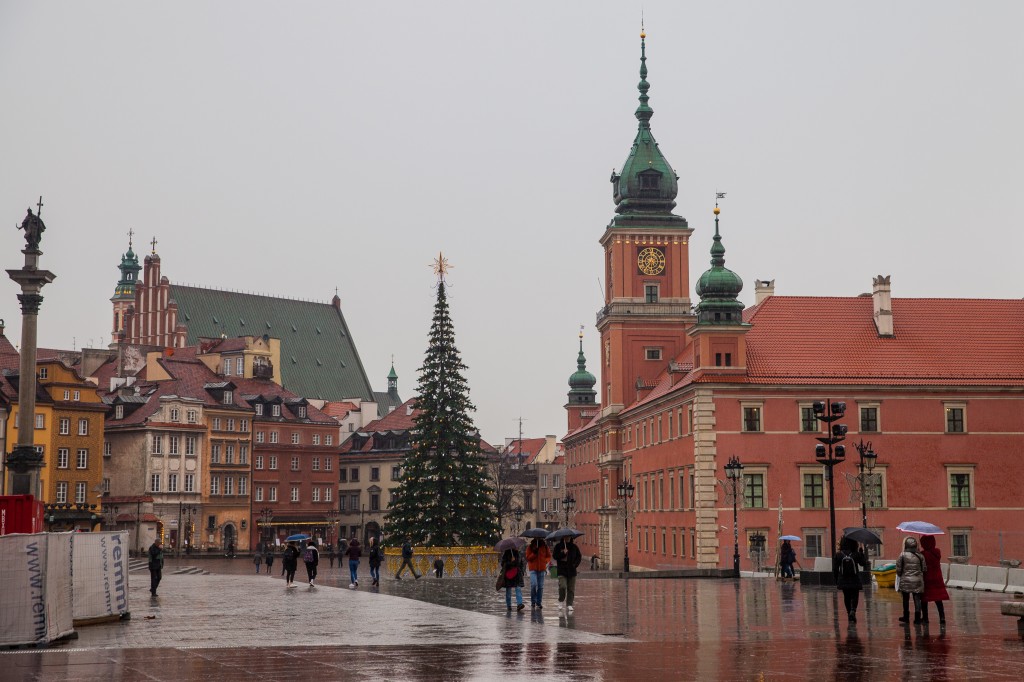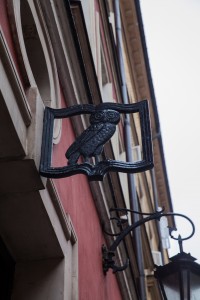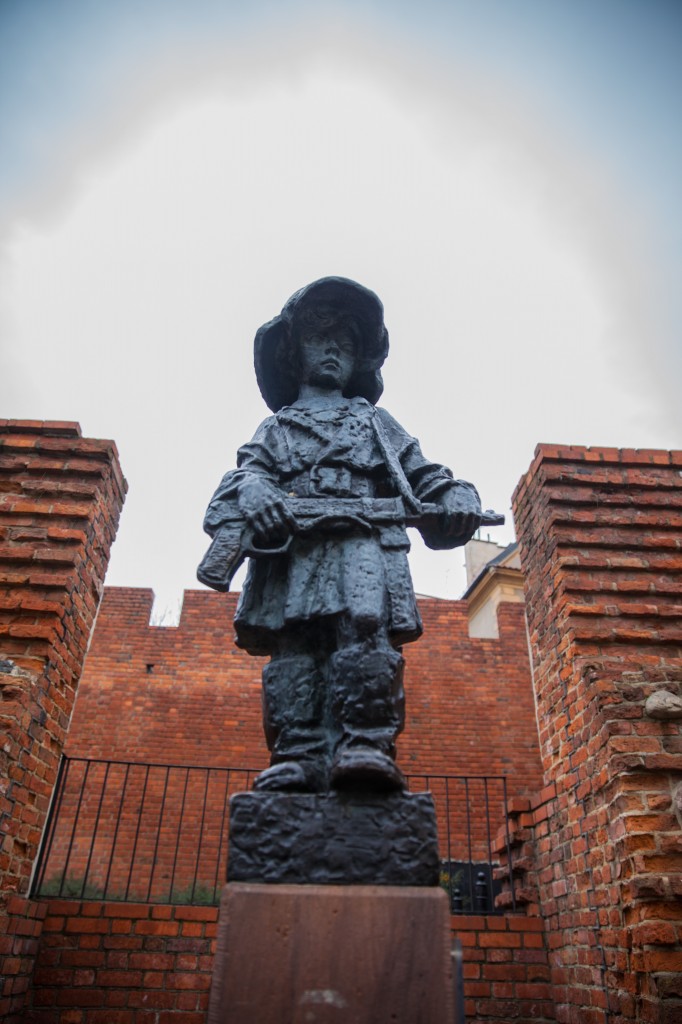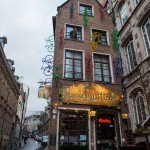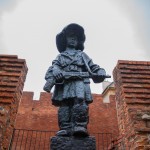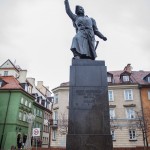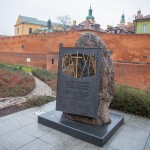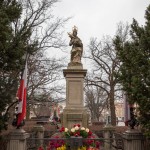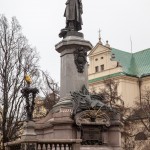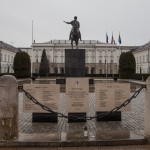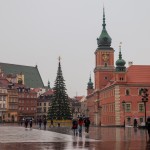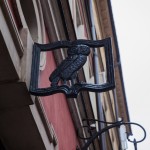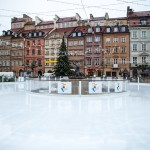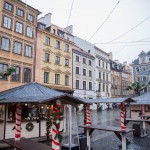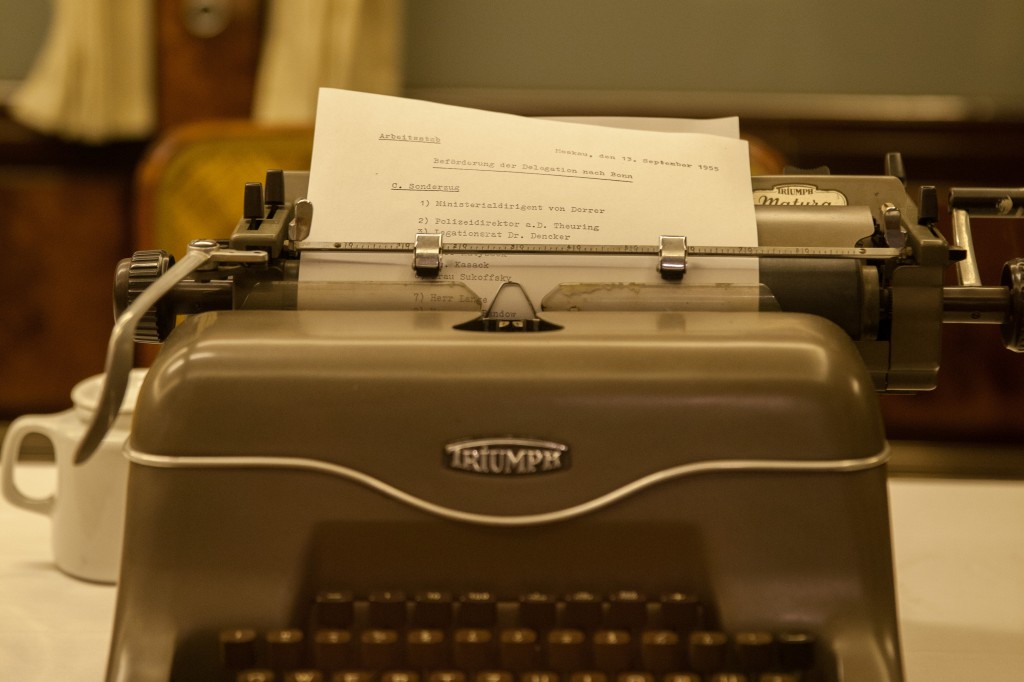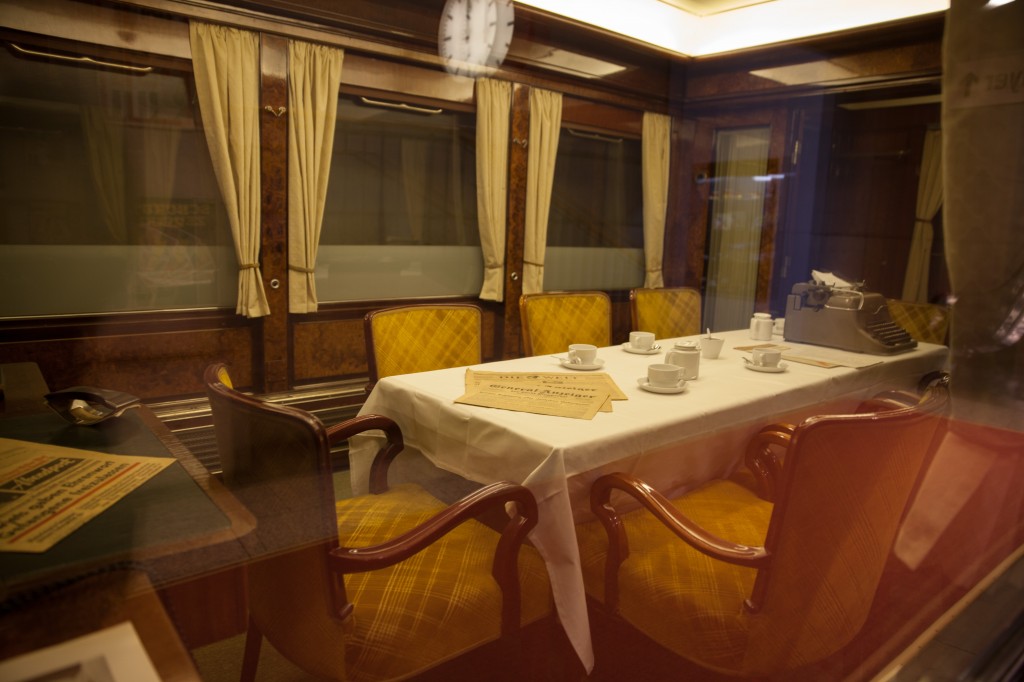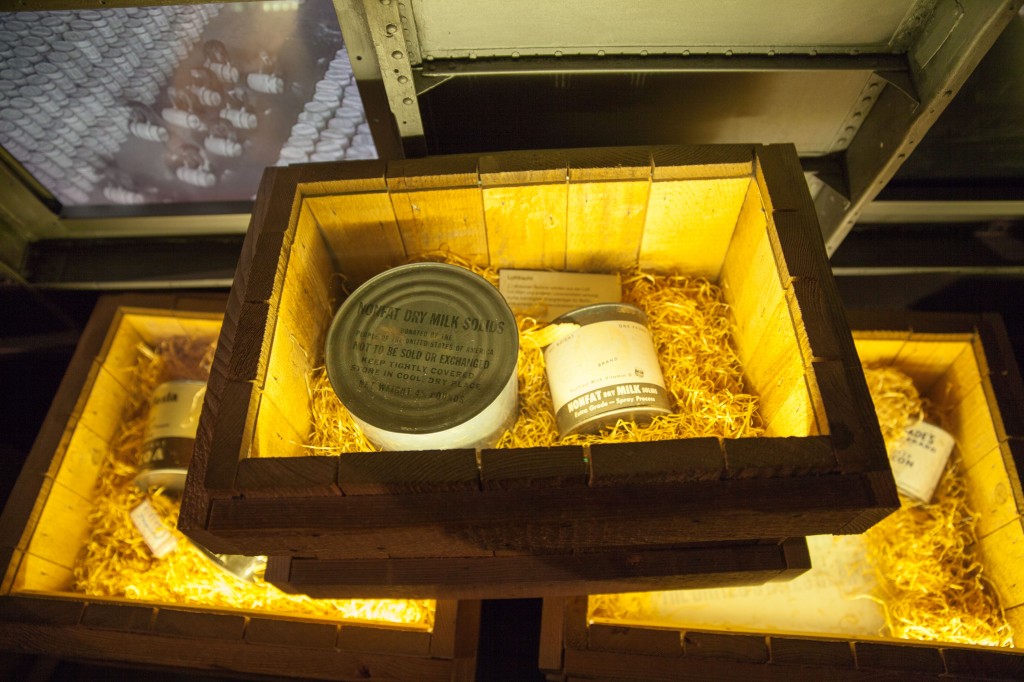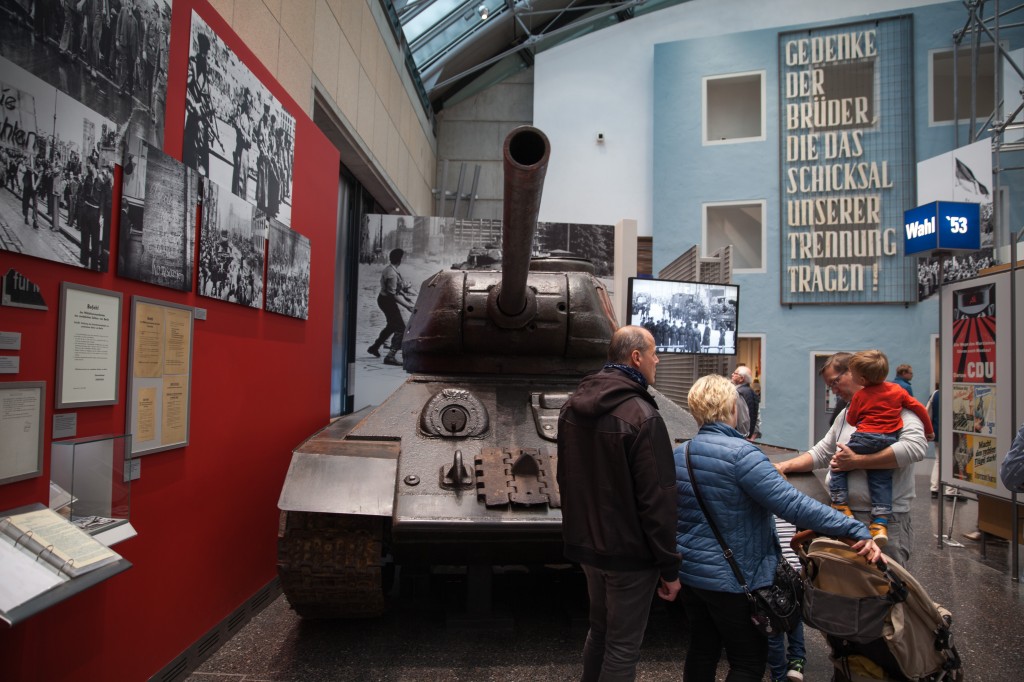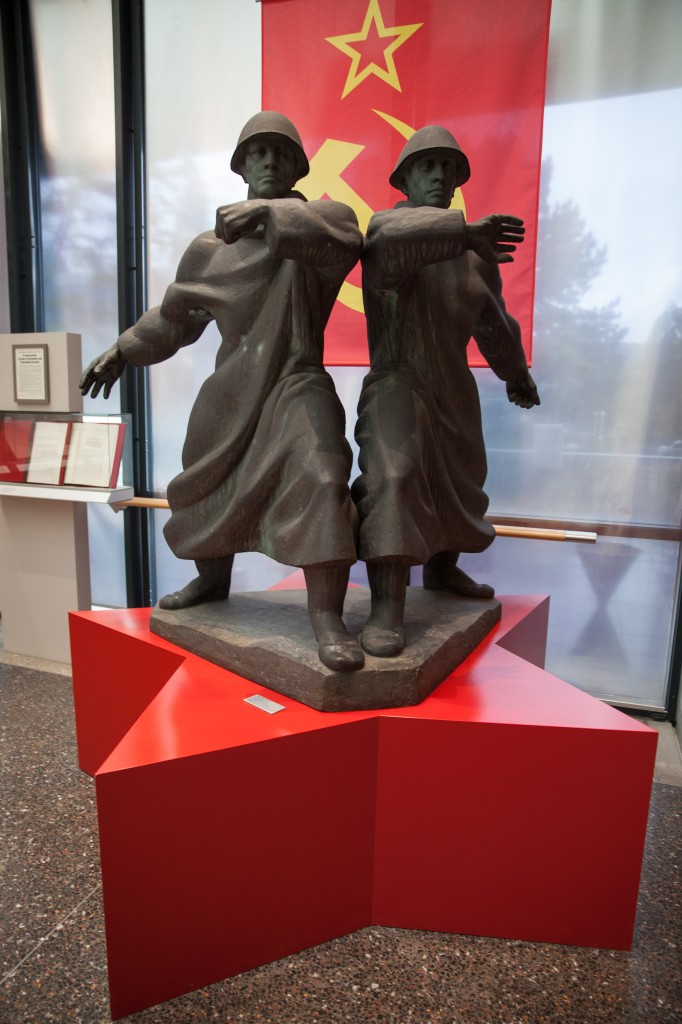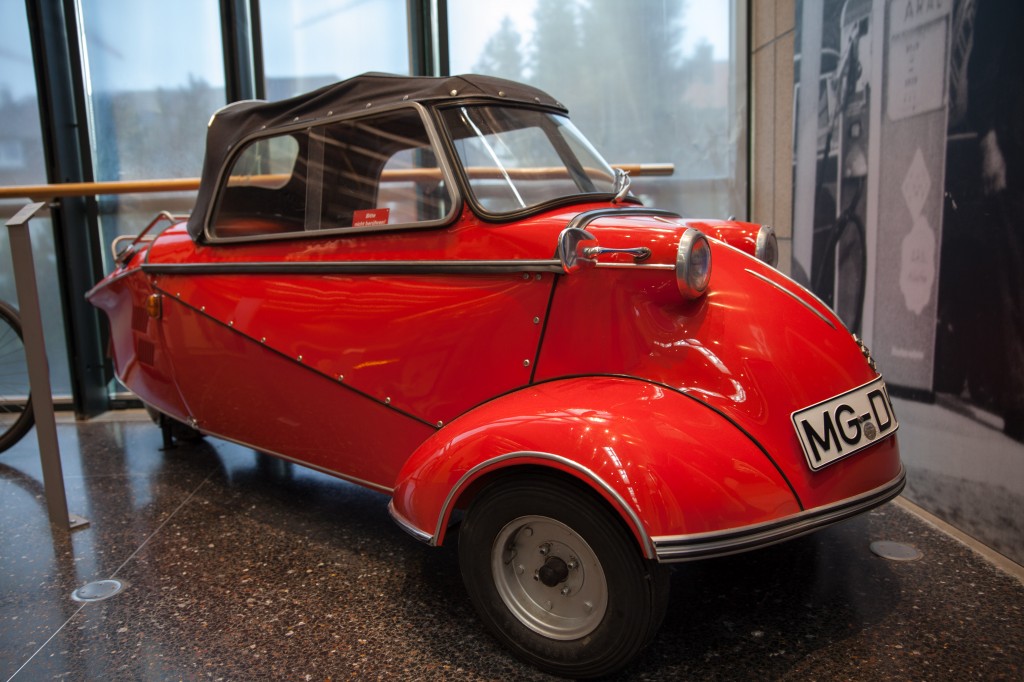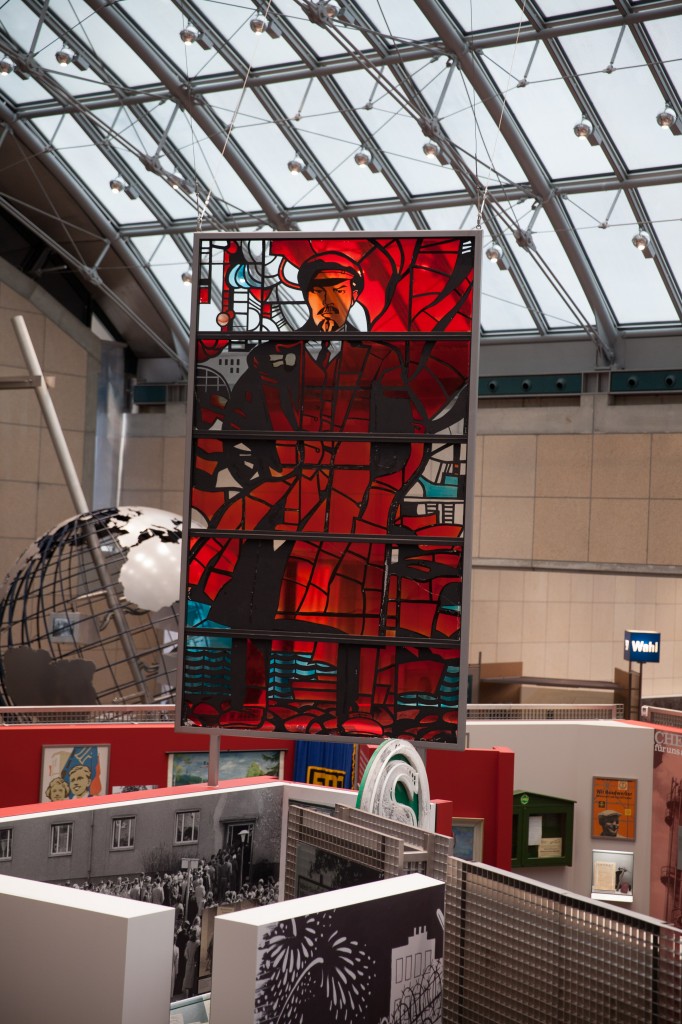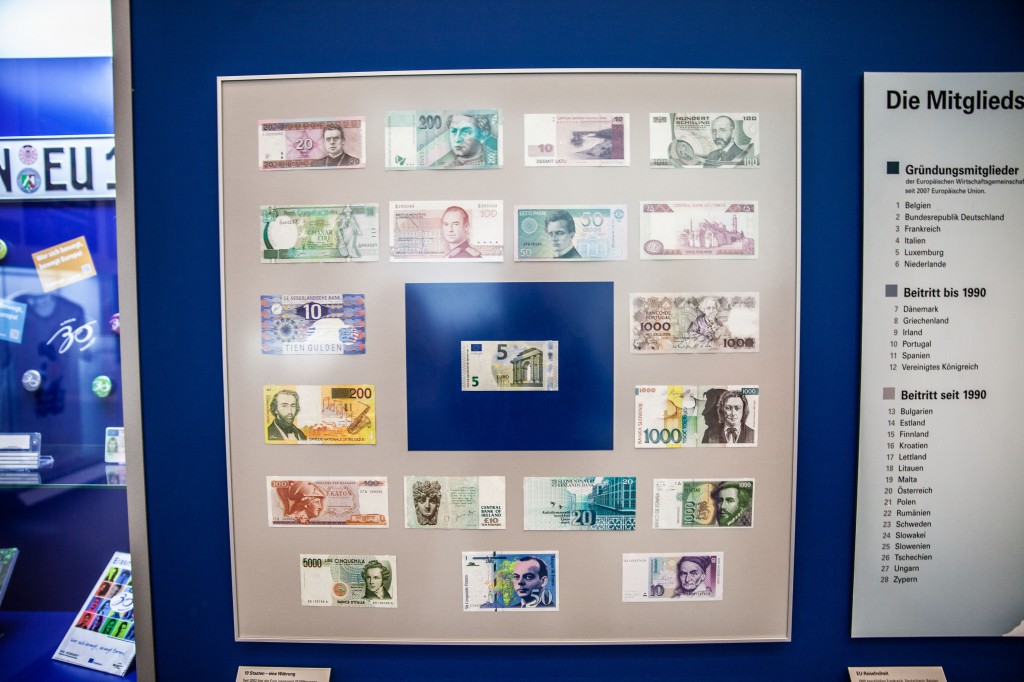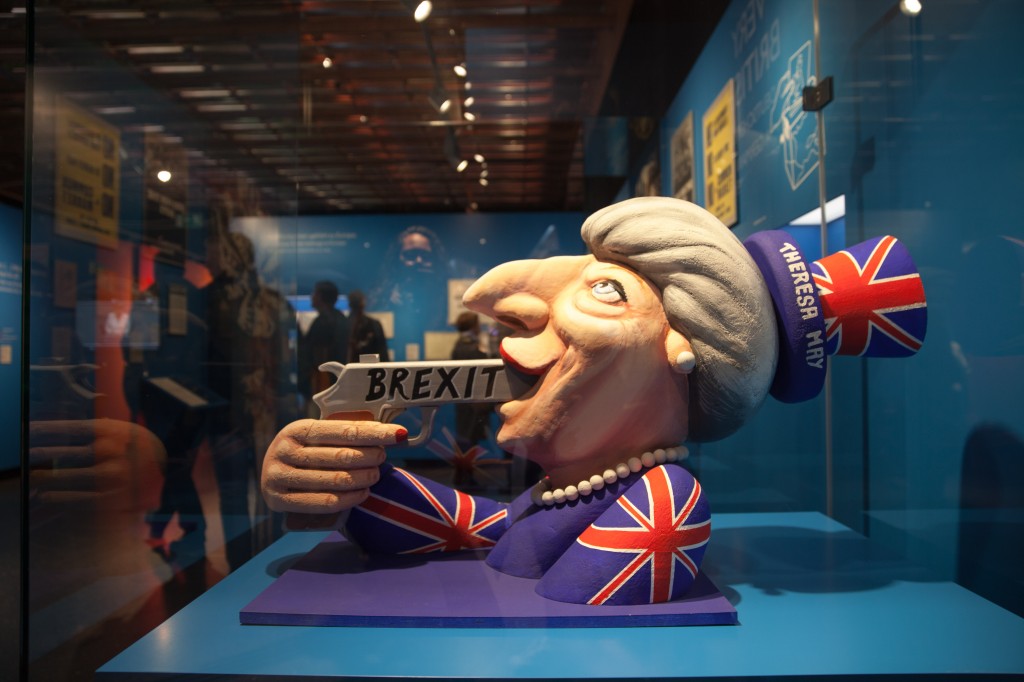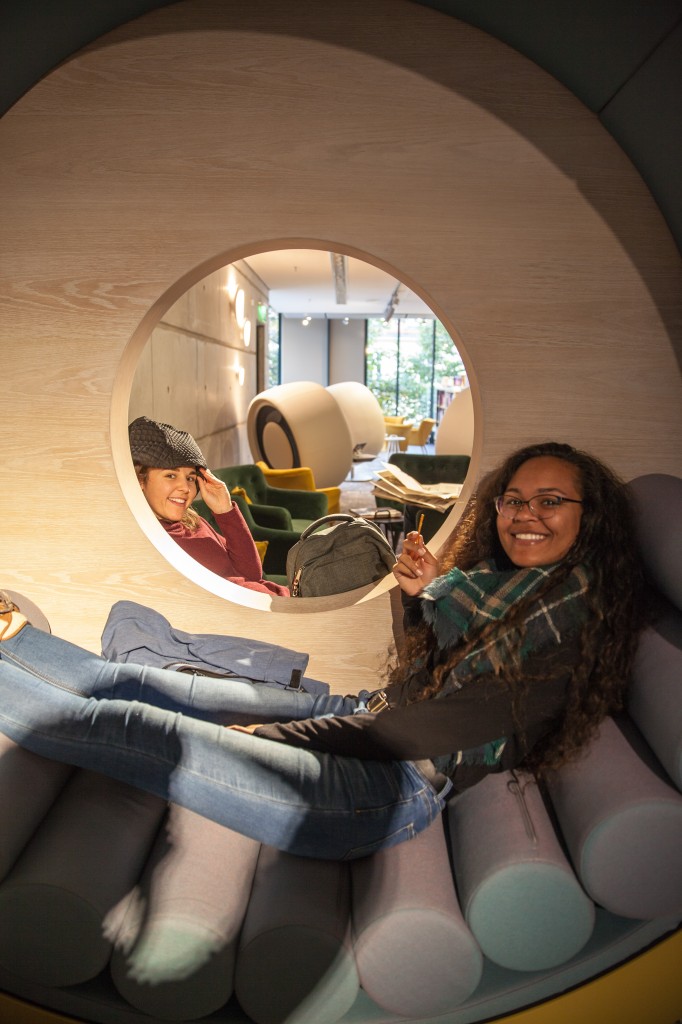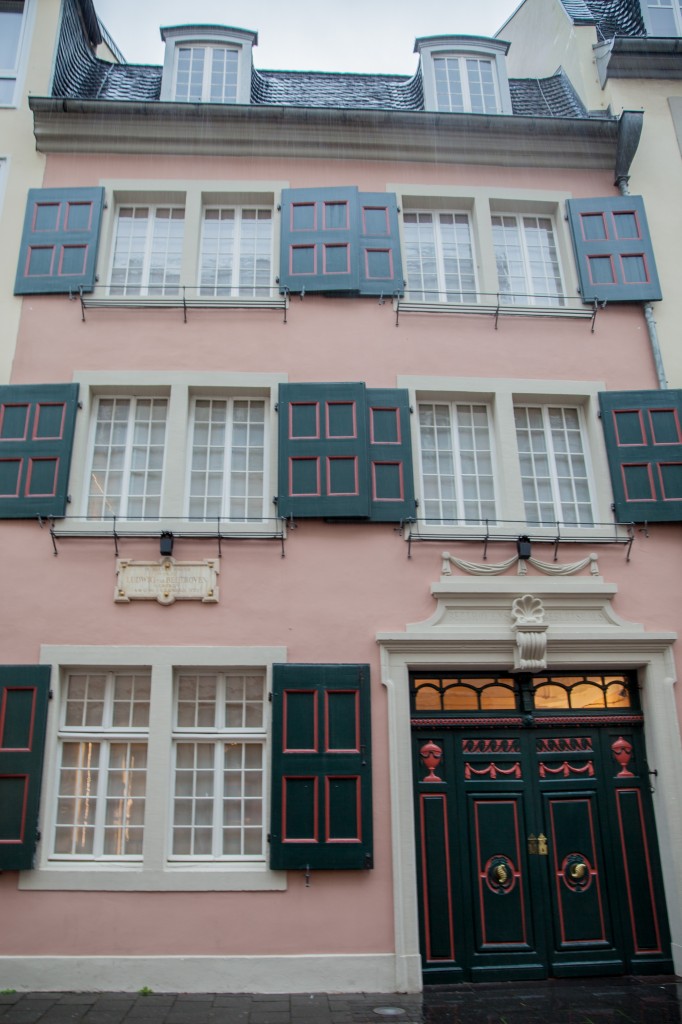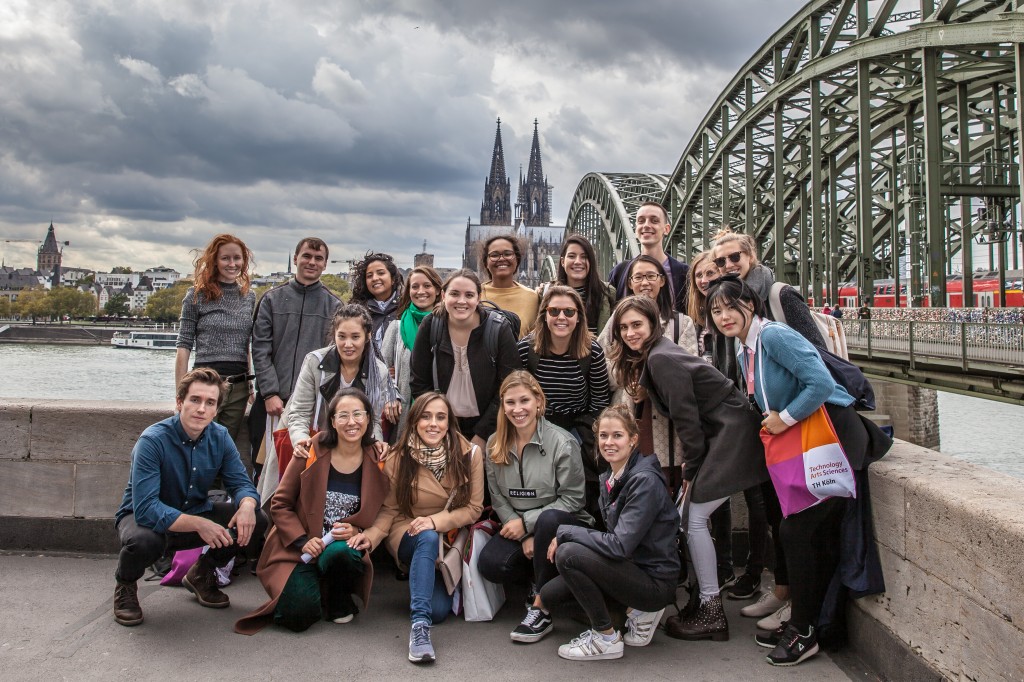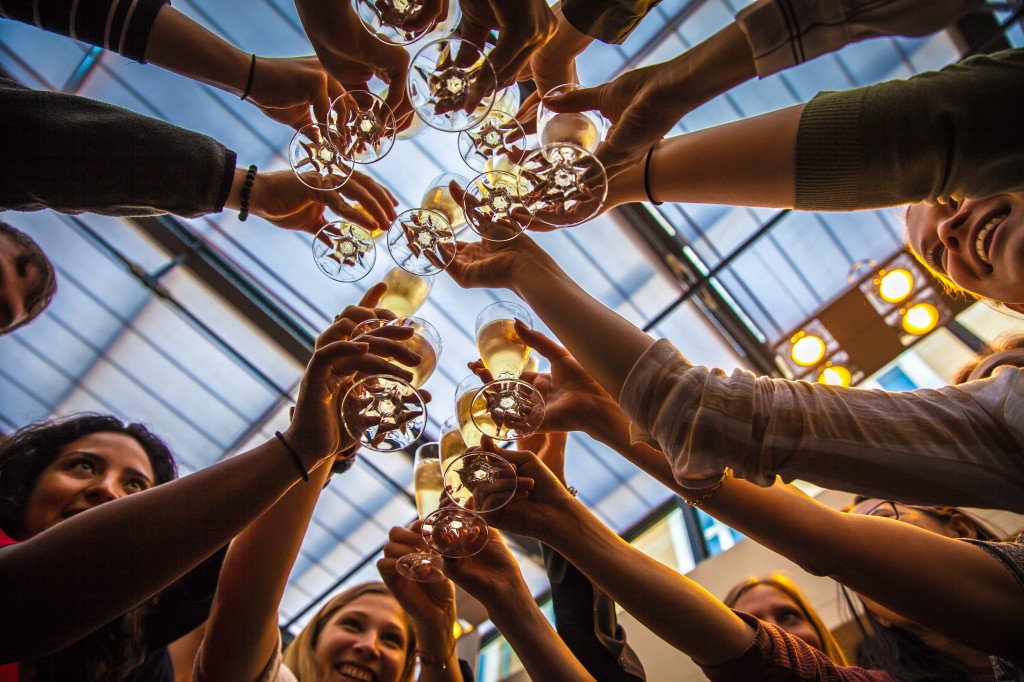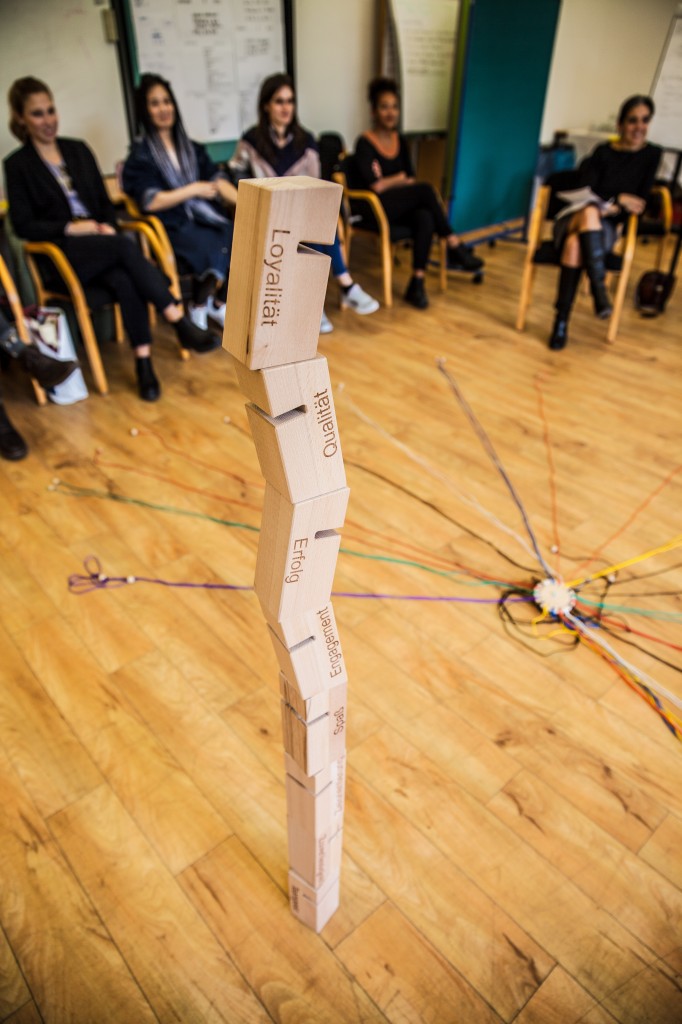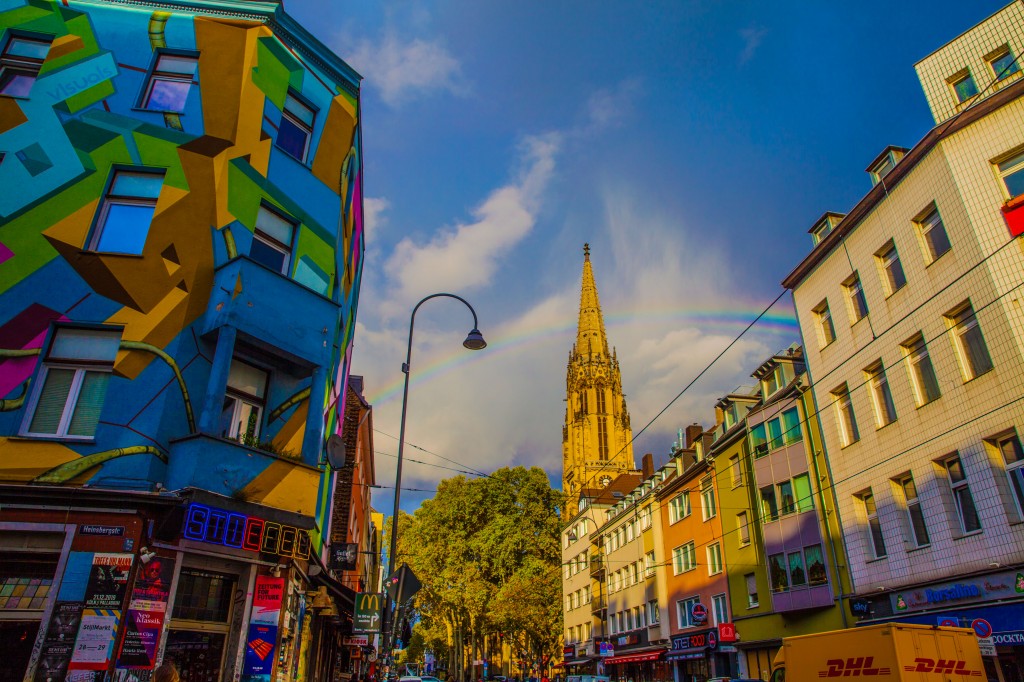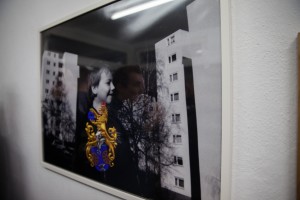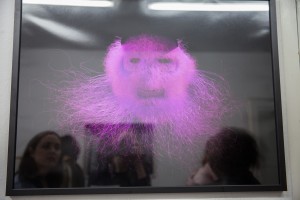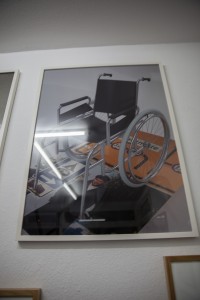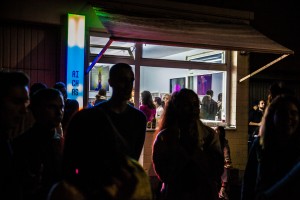WARSAW— The grocery stores are madhouses, as are the Rossmans (think CVS or Wal-
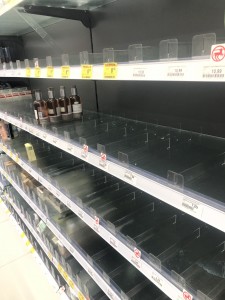 greens). The soap/hand sanitizers aisle and toilet paper aisles at the latter are near empty. Classes at the University of Warsaw (UW) are canceled until April 14 due to the novel coronavirus outbreak. The World Health Organization today declared the novel coronavirus a pandemic.
greens). The soap/hand sanitizers aisle and toilet paper aisles at the latter are near empty. Classes at the University of Warsaw (UW) are canceled until April 14 due to the novel coronavirus outbreak. The World Health Organization today declared the novel coronavirus a pandemic.
A Polish colleague in the cohort first found out classes were canceled through the news and notified the rest of us late on March 10. Classes were canceled as of March 11.
The University of North Florida (UNF) has suspended all summer study abroad programs.
As of today, March 11, Cohort 19 was specifically told via email by UW and UNF program directors to stay in Poland, for now. The plan is to continue classes here remotely.
As of today, there are 27 reported coronavirus cases in Poland. According to Restriction III in UNF’s Coronavirus March 10 update, if there are more than 100 cases in the country in which students are currently abroad on university travel, students are required to return to the U.S. and recommended to self quarantine for 14 days. See a global map here.
The GlobalMBA program, which the eight U.S. students have collectively invested more than $160,000 in tuition alone, is a double master degree program with one semester in each of four countries: fall in Germany, spring in Poland (our current residence), summer in China and fall in the U.S., with students from each country participating together. 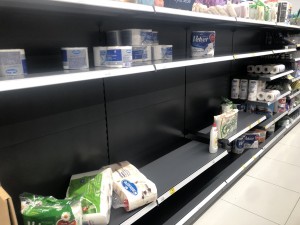
Due to U.S. immigration office safety precautions and regulations, the fear is the non-US students will not be allowed into the U.S. after going to China to complete the semester.
This leaves Cohort 19 with a whirl of questions*:
- If we do continue our semester in Poland, which recently started, remotely, what does reimbursement for our tuition look like? It is common knowledge that in-class instruction is generally more expensive than remote courses, and in-class instruction is what we paid for.
- Many cohort members invested in the program specifically to be able to live and study in China, as this is such an incredible opportunity especially when considering a career in international business. How are the program directors working to adapt the program to still accommodate this expectation? Have they considered delaying the China semester to Spring 2021 or Summer 2021 with next years’ cohort?
- If our semester in China is also remote, how much will the cost of tuition decrease?
- What happens to our program if none of the non-American students are allowed into the U.S. due to immigration office restrictions from fear of the coronavirus?
- For some cohort members, graduating on time in Dec. 2020 is the priority. For others, the intercultural experience of a semester in China is the most important factor. Will the cohort’s concerns be weighed into the options and decision-making for the future of the program?
- And, perhaps the most important one, how will
the Chinese governmentall governments be held accountable on the global stage for their part in the spread of the coronavirus with their own false narratives or secrecy and suppression of the danger, to help ensure a global situation such as this will not happen again?
*Note: not all Cohort members share every question or applicability of affectedness


